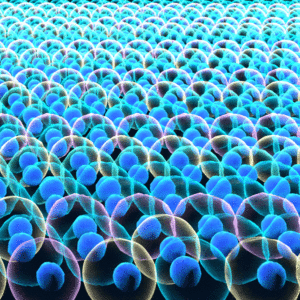Single Cell Technologies and Analysis (Virtual)
26–30 July 2021
Virtual Course
Learn the latest methodologies and applications for the analysis of nucleic acids from eukaryotic single cells
Summary
Please note: Due to the ongoing Covid-19 pandemic, the 2021 Single Cell Technologies and Analysis course will be delivered in a virtual format.
The development of robust protocols sensitive enough to measure nucleic acids from single cells is revolutionising biology, enabling the interrogation of molecular mechanisms that are not evident from measurements that represent the average of thousands of cells.
Currently, established plate-based protocols (such as Smart-seq2) provide scalable and robust measurements of mRNA. However, technologies in this field are rapidly evolving, and have recently enabled RNA-seq to be conducted on thousands of single cells in parallel (e.g. 3’ end sequencing of mRNA in droplets) and for multiple classes of nucleic acid to be captured from the same cell (e.g. DNA and RNA with G&T-seq).
Reliable statistical methods for analysing these data are also being developed, though it can be difficult for those new to the field to identify the tools most suitable for the analysis of their data.
This exciting course is taught collaboratively by researchers from the Wellcome Sanger Institute. The programme will provide participants with a broad overview of established and cutting-edge single cell methodologies, practical experience in the relevant molecular biology and laboratory skills, and the computational and statistical skills needed to interpret these large data sets.
The course will provide virtual training in widely-applicable plate-based full-length mRNA sequencing (Smart-seq2) and an overview of performing higher throughput 3’ end based protocol (10x chromium/Drop-seq/Seq-well). The participants will also learn analysis of single-cell RNA-sequencing datasets including most widely used tools and methods.
The course will cover cell handling, flow cytometry (FACS) microfluidics systems and additional single-cell sequencing technologies. The integration of data analysis within the course will allow participants to critically evaluate both the technical performance and the biological interpretation of single cell data sets.
There will be a significant bioinformatics component in the course, as even primarily wet-lab based researchers need to understand the key QC metrics for single cell data to evaluate the data and any necessary protocol optimisations.
The programme will be complemented by distinguished guest speakers, who will present the latest research in this fast-moving field, along with opportunities for informal discussions.
Programme
For our virtual courses, we use video conferencing (Zoom) and instant messaging (Slack) applications along with other online and virtual machine (VM) teaching resources to deliver the different elements of the course as interactively as possible.
The course will run approximately 10:00-17:00 (BST) daily. Some teaching materials will be pre-recorded but participants must be available to attend live, interactive sessions online between these times.
The course will include laboratory and computational practical sessions, along with lectures and discussions, covering as many of the following topics as time allows:
- Preparation and isolation of single cells (including preparation of suspensions, single cell sorting with FACS and brief overview of tissue dissociation methods)
- Cell counting and quality control
- Full length single cell mRNA sequencing in 96-well plates (Smart-seq2 protocol)
- 3’ end single cell mRNA sequencing from thousands of cells (10x genomics) and an overview of Drop-seq and Seq-Well methods
- Demonstration and overview of multi-omics for single cells (including G&T-seq for DNA/RNA)
- Automation of single cell protocols
- Illumina sequencing of single cell libraries
- Data processing, data handling and QC of single cell data sets
- Downstream analysis of single-cell data (e.g. differential gene expression analyses and clustering) including widely used methodological concepts and tools for data analysis.
Learning Outcomes
After attending this course, participants will able to:
- Evaluate advanced methodologies for the analysis of nucleic acids from eukaryotic single cells, along with their applications
- Appreciate different approaches currently in use in the field to address specific research questions
- Assess the strengths, weaknesses and limitations of different methodologies and approaches, experimental and computational.
- Integrate and apply the knowledge and training from the course to their own research interests
Instructors and speakers
Course instructors
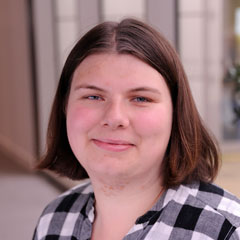
Lia Chappell
Wellcome Sanger Institute, UK
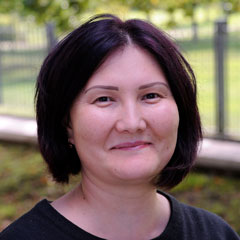
Lira Mamanova
Wellcome Sanger Institute, UK
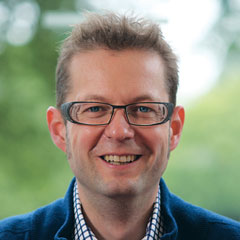
Thierry Voet
Wellcome Sanger Institute, UK

Kedar Natarajan
University of Southern Denmark
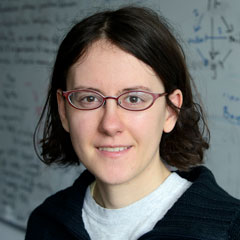
Tallulah Andrews
Wellcome Sanger Institute
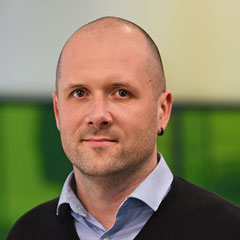
Vladimir Kiselev
Wellcome Sanger Institute
Guest speakers
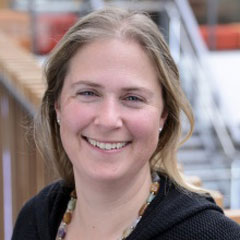
Sarah Teichmann
Wellcome Sanger Institute, UK
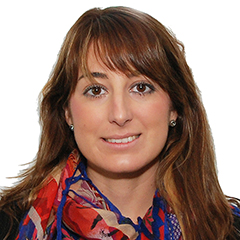
Roser Vento
Wellcome Sanger Institute, UK
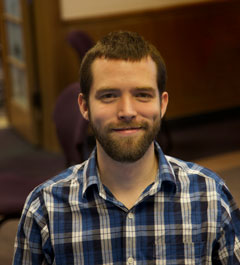
Andrew Adey
OHSU Knight Cancer Institute, USA
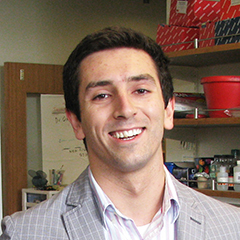
Omer Bayraktar
Wellcome Sanger Institute, UK
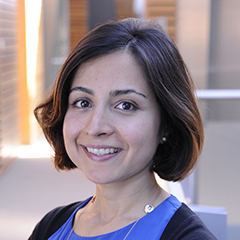
Raheleh Rahbari
Wellcome Sanger Institute, UK
How to apply
Prerequisites
Applicants should be researchers interested in applying advanced laboratory and computational methodologies for the analysis of nucleic acids from eukaryotic single cells, with a strong emphasis on mammalian systems. It is suitable for PhD students, postdocs and clinician scientists, as well as staff from Core Facilities.
It is expected that participants have, at a minimum, familiarity with steps involved in analysis of sequencing data and basic knowledge of Linux/Unix as well as the R programming environment. There are numerous online tutorials available for these, including:
http://www.ee.surrey.ac.uk/Teaching/Unix/
https://www.datacamp.com/courses/free-introduction-to-r
Please note that due to the virtual format for this course, participants will require minimum computer specifications and internet access to fully benefit. A guide to these requirements can be found here (PDF).
How to Apply
Please click the Apply button above to begin the online application process. Places are limited and will be awarded on merit. If you have any problems with the online application process, please contact us.
Please note: Applications must be supported by a recommendation from a scientific or clinical sponsor (e.g. supervisor, line manager or head of department). A request for a supporting statement will be sent to your nominated sponsor automatically during the application process. Applicants must ensure that their sponsor provides this supporting statement by the application deadline. Applications without a supporting statement cannot be considered.
Cost
| Cost | ||
| *Course fee | £200 | Due to the ongoing Covid-19 pandemic this course will be delivered in a virtual format. |
*The course fee is subsidised by Wellcome Genome Campus Advanced Courses and Scientific Conferences and applies to non-commercial applicants. Please contact us for the commercial fee.
Bursaries
Limited bursaries are available (up to 50% reduction on the course fee) and are awarded on merit. If you would like to apply for a bursary, please complete the bursary section of the online application form.
Where there are many bursary applications, the selection committee may issue smaller amounts.
Bursaries can be applied for as part of the course application form. Applicants will be notified of a bursary award along with their place on the course, usually within one month of the application deadline. The decision of the selection committee is final.
Please note that both the applicant and sponsor are required to provide a justification for the bursary as part of the application.
Additional funding opportunities
Visit our support page for additional financial support currently available.
Accommodation services phishing scam – please be vigilant. More information.
Testimonials
Feedback from the 2019 course:
“I thoroughly enjoyed this course and it surpassed my expectations. The level of teaching was exceptional and all the instructors were very approachable and keen to answer all my questions.Truly an excellent course, thank you.”
“All the topics that I was looking for were covered during the course. I think that the organizers did an amazing job to cover all the aspect of Single Cell Technologies including Single Cell transcriptomics, genomics, epigenomics and spatial transcriptomics.”
“Thank you so much, this was the best course I have attended. I have learnt so much and it has really consolidated my work.”
